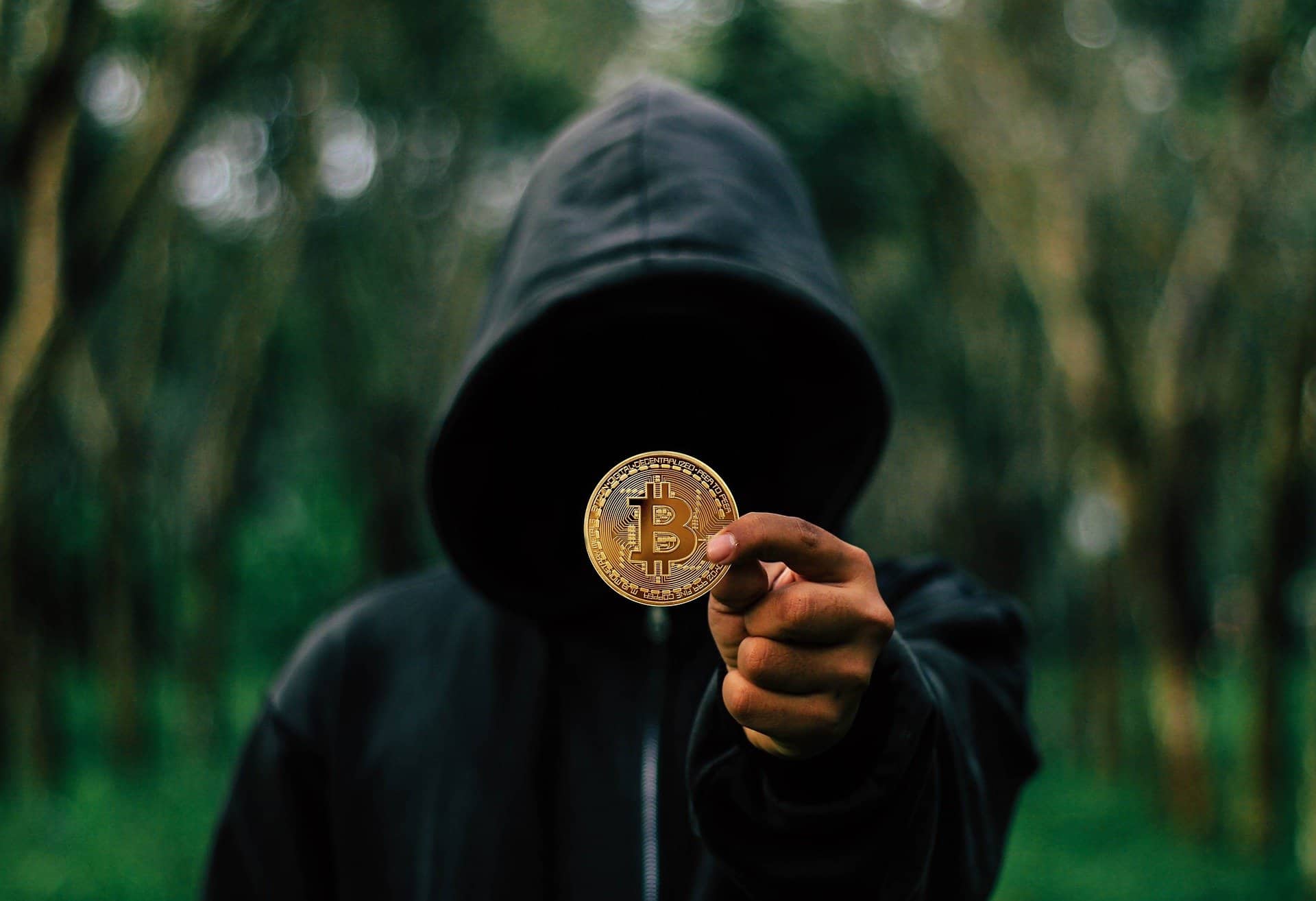Drug cartels in Mexico and Colombia are increasingly using cryptocurrencies such as bitcoin to launder money, the UN-linked International Narcotics Control Board (INCB) said on Thursday.
Mexican cartels are estimated to launder $25 billion a year in Mexico alone, the board’s annual report said, describing them “as among the richest and most powerful organized criminal groups” in the world.
“The use of bitcoin to launder money is increasing, in particular among drug gangs such as the Jalisco New Generation Cartel and the Sinaloa Cartel,” it said.
The criminals employ methods to get around a Mexican law requiring cryptocurrency platforms to notify authorities of any transaction of more than $2,830, according to the report.
“To remain under the threshold for banking transactions that raise red flags … criminals typically split their illicit cash into small amounts and deposit them into various bank accounts,” it said.
They then use the accounts to repeatedly buy small amounts of bitcoin online to pay associates.
“According to the Drug Enforcement Administration of the United States, both Mexican and Colombian organized criminal groups are increasing their use of virtual currency because of the anonymity and speed of transactions,” the report added.
The INCB is “issuing a red alert for countries to come to an agreement and consider how to better regulate this (cryptocurrency) payment system,” the organization’s representative Raul Martin del Campo told AFP in Mexico City.
“States can update and improve their laws on the transparency of transactions,” he added.
“It looks like there’s a no man’s land. As it’s on the internet, governments sometimes think that they cannot regulate anything,” he said.
The report voiced concern about illicit financial flows costing African states $88.6 billion per year — around 3.7 per cent of their combined gross domestic product (GDP).
Illicit financial flows and corruption undermine foreign direct investment and aid and threaten the continent’s development,” it warned.








